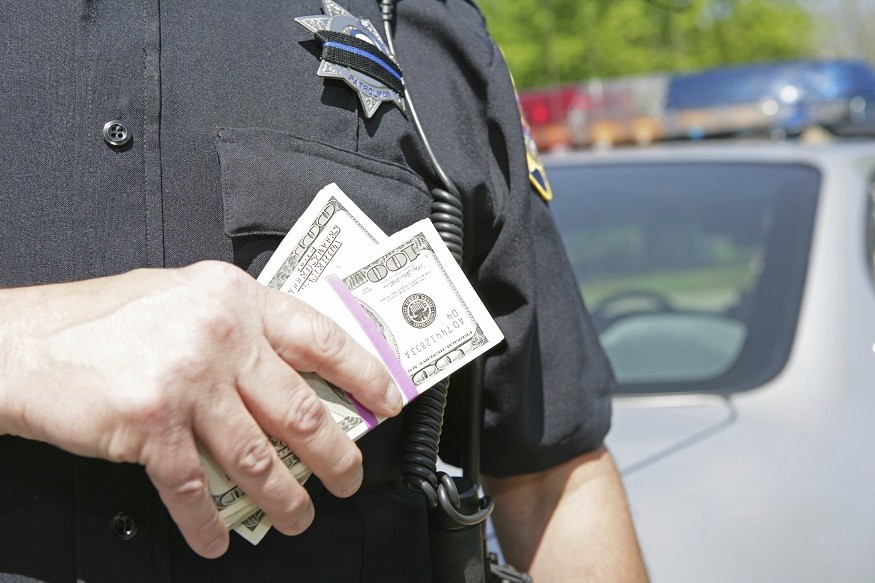-
Above the Law: Groundbreaking New DPA Report Finds Extensive Civil Asset Forfeiture Abuses by Numerous California Law Enforcement Agencies.
In cities and small towns across the country — Baltimore jumps to mind at the moment — law enforcement has lost the trust of the communities they are supposed to serve and protect. And asset forfeiture is one the crucial and often-overlooked drivers of this dangerous breakdown. Because seized assets often go straight into the coffers of the enforcement agency, asset forfeiture has led to a perversion of police priorities — such as increasing personnel on the forfeiture unit while reducing the number of officers on patrol and in investigation units — that jeopardizes public safety.
While civil asset forfeiture was originally conceived as way to drain resources away from powerful criminal organizations, a new DPA report — Above the Law: An Investigation of Civil Asset Forfeiture Abuses in California — shows how it has now become a relied-upon source of funding for law enforcement agencies all across the state.
“The FOP does not disagree that there is a need for civil asset forfeiture revision.” That is what the Fraternal Order of Police said at last week’s Senate Judiciary hearing on civil asset forfeiture. FOP
Civil asset forfeiture gives law enforcement the power to take property away from someone who has not been convicted of a crime. And this property can be cash, cars, homes, and anything else – like a “simple gold cross” – that law enforcement believes is connected to a crime. Yes, a woman had her gold cross necklace seized when she was pulled over for a minor traffic violation! ACLU
